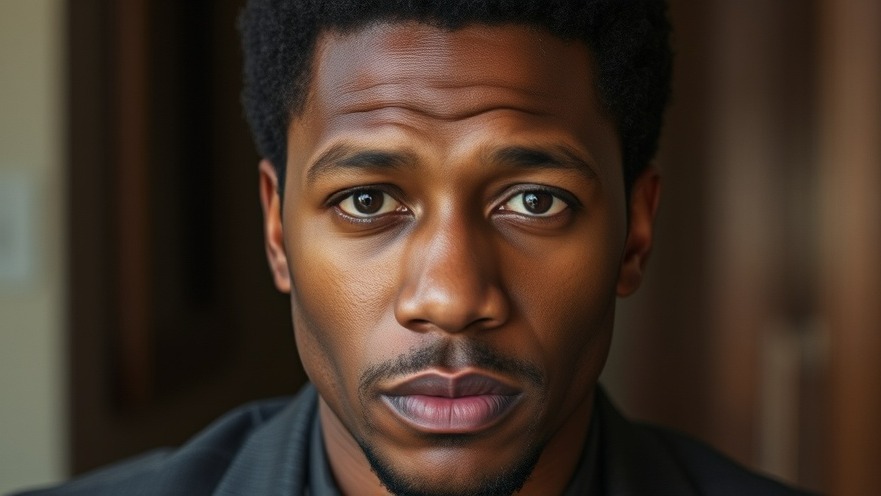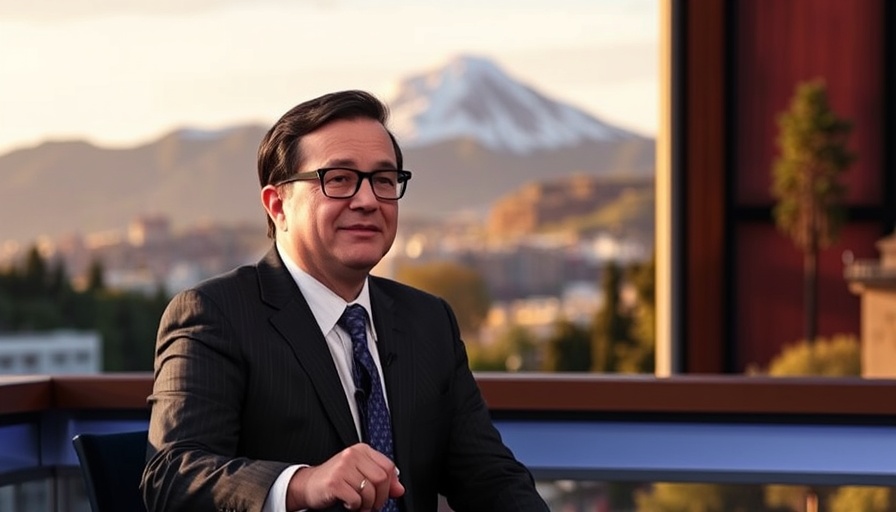
Understanding the Context of Jonathan Majors' Admission
In a shocking recent revelation, actor Jonathan Majors, known for his roles in Creed III and the Marvel Cinematic Universe, appears to have admitted to physical aggression against his ex-girlfriend, Grace Jabbari. This admission comes in the form of an audio recording obtained by Rolling Stone, where Majors acknowledges assaulting Jabbari during a tumultuous and abusive relationship.
This incident is not isolated in Majors’ history, as he was previously convicted in late 2023 of misdemeanor assault and harassment after an altercation with Jabbari. The actor was sentenced to probation and counseling, an outcome that raised eyebrows given the severity of the accusations against him, including allegations of strangulation and violent physical behavior. The audio recording has cast a new light on his past claims of innocence, suggesting a deeper pattern of domestic violence.
The Impact of Celebrity Narratives on Cultural Conversations
This case highlights a troubling trend: how narratives surrounding male celebrities often gloss over allegations of domestic violence. Majors’ recent admission has ignited discussions about accountability and the societal impacts of celebrity culture. Many fans and industry insiders are grappling with how to reconcile admiration for an actor’s talent with the serious nature of his actions. This dynamic creates a powerful tension in the entertainment industry, where public perception can shift rapidly, often influenced by the ongoing discourse about personal conduct versus professional achievements.
Lessons from Historical and Cultural Perspectives on Domestic Violence
Historically, domestic violence has often been normalized in society, particularly against women. The case of Jonathan Majors emphasizes the need for change in how such incidents are perceived and addressed. Similar discussions related to domestic abuse also can be observed in other cultural contexts. For instance, the sexual assault allegations against high-profile figures have often prompted movements like #MeToo, empowering victims to come forward and demand accountability. Society is now at a crossroads, where historical cultures of silence can no longer be ignored.
What the Future Holds: Accountability and Change
As Majors navigates the repercussions of his actions, the conversation extends beyond the actor himself. It raises important questions about accountability in Hollywood. How will the industry respond to revelations of such misconduct? The outcome of this situation may set precedents for accountability, particularly as it relates to the treatment of women in entertainment. This could signal a shift towards a more responsible and transparent industry culture.
Discover the Broader Implications Beyond the Headlines
In exploring this case, it is crucial to recognize the broader implications within society. Domestic violence affects countless individuals, and this incident serves as a reminder of the importance of addressing such violence within families and communities. Awareness is the first step towards prevention, and revealing high-profile incidents can aid in breaking the stigma and encouraging discussions on a larger scale.
Empowering Responses: Turning Awareness into Action
For viewers who may feel conflicted about their admiration for Jonathan Majors or other celebrities with similar controversies, it’s important to channel that energy into action. Engaging with organizations that focus on domestic violence prevention or supporting survivors can transform feelings of helplessness into positive change. Such actions reinforce the message that society will not condone violence, regardless of the perpetrator's fame.
Conclusion: The Importance of Acknowledging Complex Narratives
As we reflect on Jonathan Majors’ admission and the surrounding accusations, it’s crucial to approach this conversation with nuance. Admitting wrongdoing should serve as a starting point for meaningful dialogue and necessary change. While Majors contemplates his future in Hollywood, audiences and industry professionals must question what accountability looks like and how it can shape a safer, more respectful community for everyone.
 Add Row
Add Row  Add
Add 




Write A Comment